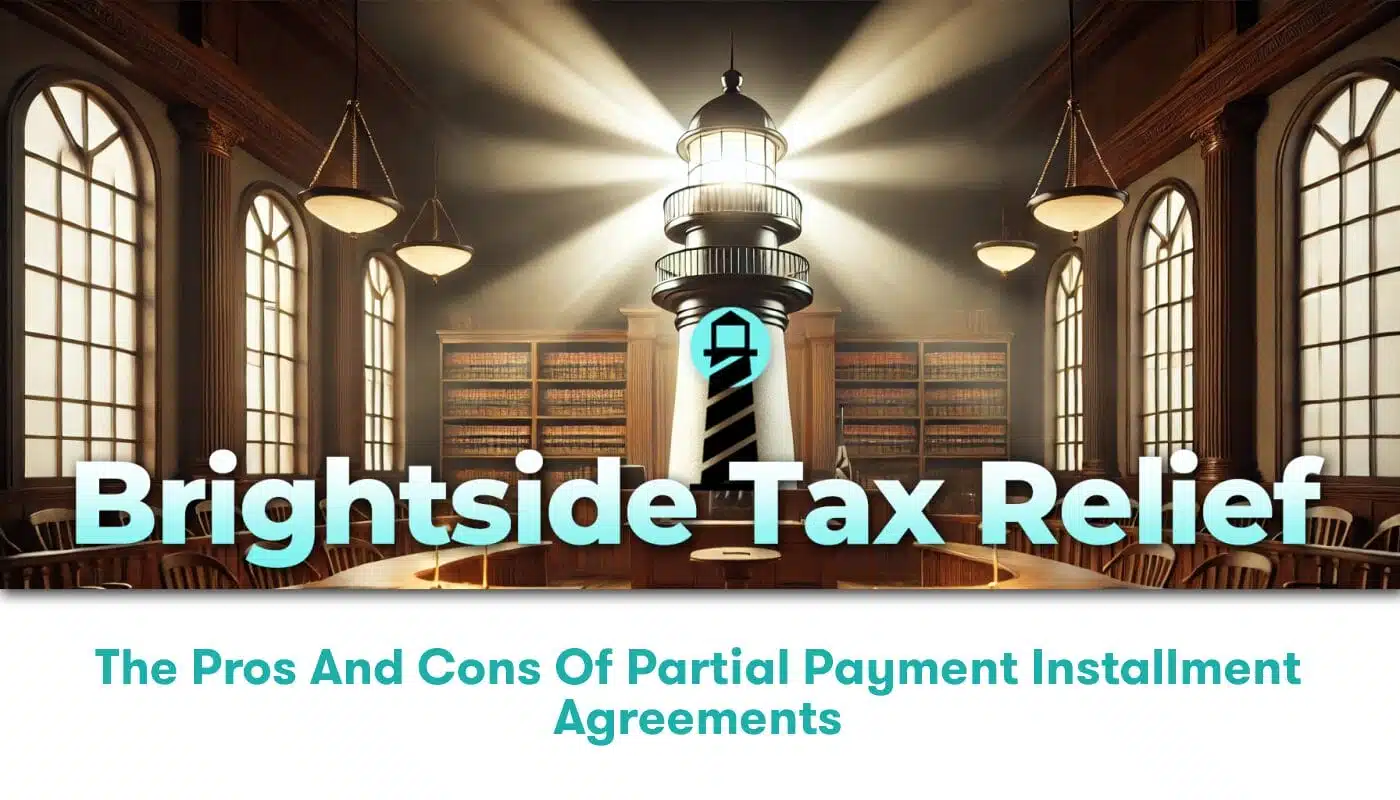The Impact of Charitable Contributions on Taxes: Understanding the Tax Benefits of Your Donations
Who does not feel good about making a difference in society? Contributing to charity not only helps the less fortunate but also provides a sense of satisfaction and fulfillment. Aside from the profound impact on communities and individuals, did you know that your charitable contributions also have a positive influence on your tax situation?
Brightside Tax Relief’s Insight into Charitable Contributions Taxes
As a nationwide tax relief company, Brightside Tax Relief has years of experience assisting taxpayers in maximizing their tax savings. We often get queries from individuals and business owners regarding their charitable contributions and the tax benefits they can gain. This blog provides insights into how your generous acts can have substantial tax implications.
Understanding the Concept of Charitable Contributions Taxes
Charitable contributions taxes refer to the tax deductions that taxpayers can claim when they donate to IRS-approved charities. By making these contributions, taxpayers are able to reduce their taxable income – potentially putting themselves in a lower tax bracket.
Here are a few key things to understand about this concept:
- Taxpayers can only claim deductions if they itemize their deductions on Form 1040, Schedule A. They cannot take these deductions if they choose the standard deduction.
- Donations to individuals, political organizations, or candidates aren’t deductible.
- There’s a limit to how much you can deduct. The ceiling is typically 60% of your adjusted gross income (AGI), but there can be instances where 20%, 30% or 50% limits could apply.
The Interplay Between Charitable Contributions and Tax Deductions
The big question that many taxpayers have is, “How exactly do charitable contributions affect my taxes?” Well, let’s break it down into simpler terms.
Every dollar you contribute to a qualifying charitable organization can be used as a deduction against your taxable income. For example, if your taxable income is $50,000 and you made $5,000 in charitable contributions, then you would only have to pay taxes on $45,000 (assuming you itemize your deductions and your total deductions exceed the standard deduction).
However, it’s important to note that these deductions do not directly reduce your tax bill on a dollar-for-dollar basis. They reduce your taxable income, which in turn may lower your tax bill.
Maximizing Your Tax Benefits from Charitable Contributions
If you want to ensure that you gain the most tax benefits from your charitable contributions, here are some strategies to consider:
- Itemize your deductions: To qualify for tax benefits, you will have to itemize your deductions instead of taking the standard deduction. This may involve more paperwork, but the effort can be rewarding.
- Donate to approved charities: Make sure the charity you’re donating to is recognized by the IRS. If not, your contributions won’t be tax-deductible.
- Maintain a record of your donations: Whether it’s a small cash donation or a large piece of property, keep a documented record. Receipts, bank records or written acknowledgments from the charity can serve as valid proof.
Understanding the Tax Cuts and Jobs Act (TCJA) and Its Influence on Charitable Contributions Taxes
The Tax Cuts and Jobs Act (TCJA), which was implemented in 2018, brought significant changes to the tax landscape, especially with regard to charitable contributions taxes. The TCJA nearly doubled the standard deduction, making it less beneficial for many people to itemize their deductions and therefore claim their charitable contributions.
However, higher-income individuals who exceed the standard deduction threshold can continue to benefit from itemizing their deductions, including charitable contributions.
Impact of the CARES Act on Charitable Contributions Taxes
Linking to External Resources for Tax Guidance
For more detailed information on how charitable contributions impact taxes, you can visit the IRS website. They provide an extensive list of resources that can provide answers to many of your tax-related questions.
To learn more about the rules and regulations regarding charitable contributions taxes, check out this valuable resource from the IRS.
Final Thoughts: Balancing Philanthropy and Tax Planning
Charitable contributions not only make a significant difference in society but also impact your taxes in a positive way. By understanding the implications of your donations, you can align your philanthropic objectives with your tax planning strategies.
Remember, every act of kindness goes a long way. With the right approach to tax planning, you can undoubtedly make your generosity count for everyone involved, including yourself.
Essential Support from Brightside Tax Relief
At Brightside Tax Relief, we are committed to guiding you through the complexities of tax laws and regulations. We help you understand the significant benefits of charitable contributions taxes so you can plan your taxes efficiently while being generous with your resources.
Your journey of giving becomes more worthwhile when you know you’re also deriving tangible benefits from it. With Brightside Tax Relief, it’s not just about cutting down your tax bill; it’s about making every dollar count in service of others. Our experienced tax professionals are always ready to assist and ensure you make the most from your charitable acts.
Key Takeaways: The Influence of Charitable Contributions on Your Tax Situation
Charitable contributions provide tax benefits to donors by reducing their taxable income. Understanding the intricacies of these deductions can aid taxpayers in maximizing tax savings while supporting causes they’re passionate about.
Navigating the tax landscape and understanding the impact of your charitable contributions on your taxes can be challenging but it doesn’t have to be. Brightside Tax Relief is here to reduce your taxation concerns, enabling you to focus more on the difference your contributions are making in people’s lives.






